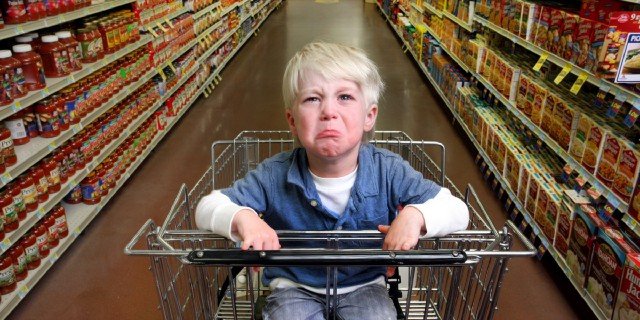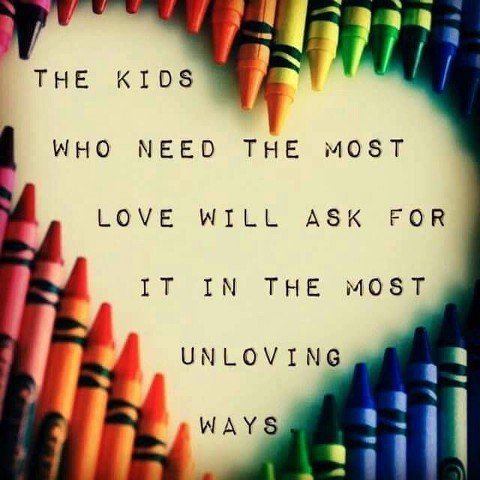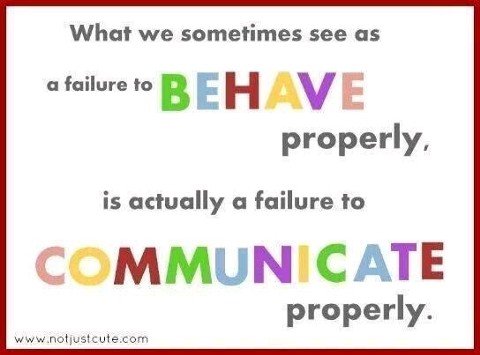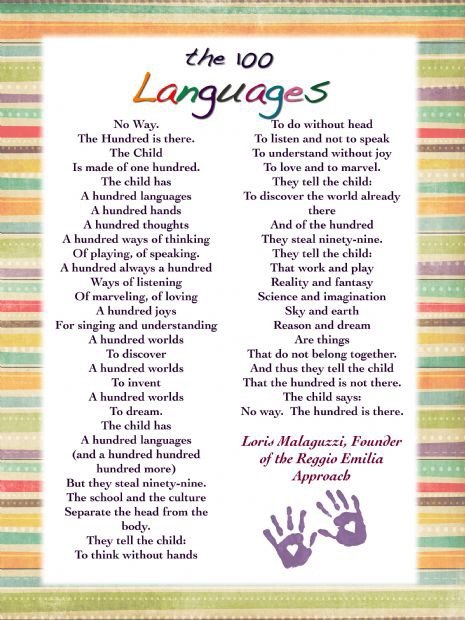
This week I finally got up the nerve to record and post my first attempt at a podcast. In the spirit of being vulnerable (Thank you Brené Brown), I told the story of one of my hardest memories of working in child care. It is only hard because sometimes it is difficult to look in the mirror and recognize where we have failed, though this happens to be a necessary part of improving. This story talks to the importance of relationships in managing children’s behaviour, while also recognizing the individual role that one person can have in responding a child’s outward expressions of emotion.
Managing children’s behaviour is a complex and often discussed issue. Everyone, including those who don’t have or work with children, seems to have an opinion on the best ways to handle their behaviour — what is acceptable and what is not. Many times, people blame or judge parents based upon their children’s behaviour or how the parent handles it: “I would never let me child act like that in public” or “Of course, that child is acting like that, their parents let them do whatever they want.”
But what if we stopped looking at children’s behaviour as something that should be judged or controlled, and instead understood it as language and communication. Loris Malaguzzi gave us “The Hundred Languages” and perhaps we can begin to consider behaviour as one of these languages. After all, behaviour is usually a child’s way of expressing or dealing with something.
The problem is that often we do not know what the something is. But first, we have to be listening for it.. If we aren’t even listening, then we will never be able to understand what it is that they are trying to express or deal with. Just because we do not know, does not mean it is not valid. It is obviously something meaningful to them or they wouldn’t waste their time on it. Children are the busiest and most industrious people I have ever met!

So when we encounter a behaviour that is difficult for us to manage, or that is imposing on the environment and others in it, then it becomes our job to figure it out. If it must be contained immediately before we can do that then we need to do so with the understanding that we are likely missing something; thus, we need to be gentle, kind and loving.
I have never yelled at a grown adult for suddenly crying at an inopportune time or in an embarrassing place. I think children deserve the same respect. While we may pull the adult aside to figure out how we can support them, we would never belittle time in the process. Let’s expect nothing less of ourselves when dealing with children’s emotions and behaviour.
We tend to be more patience and respectful to adults who have lost their cool; however, adults have a full vocabulary with which to describe exactly how they are feeling and why. We recognize that even we ourselves don’t know exactly what triggered us when someone asks why we are feeling or acting a certain way; however, we expect so much more for children. It makes no sense!

Children are born with a variety of ways in which to express themselves to the world. Why is it that when they are screaming for our support in such obvious ways, that we will only listen to them if they have mastered the ability to express themselves verbally, after being highly reflective on their emotional state?
They are communicating with you! They are telling you something with their behaviour. You are just listening to the wrong frequencies and trying to control their very way of communicating their emotional needs and states. It’s time to start listening and to start treating children the way we would treat others.

Congratulations @mobermeier! You have completed the following achievement on the Steem blockchain and have been rewarded with new badge(s) :
Click here to view your Board of Honor
If you no longer want to receive notifications, reply to this comment with the word
STOPDo not miss the last post from @steemitboard:
Hi! I am a robot. I just upvoted you! I found similar content that readers might be interested in:
https://medium.com/@monikaobermeier/behaviour-is-one-of-the-childs-hundred-languages-b597cd695a54